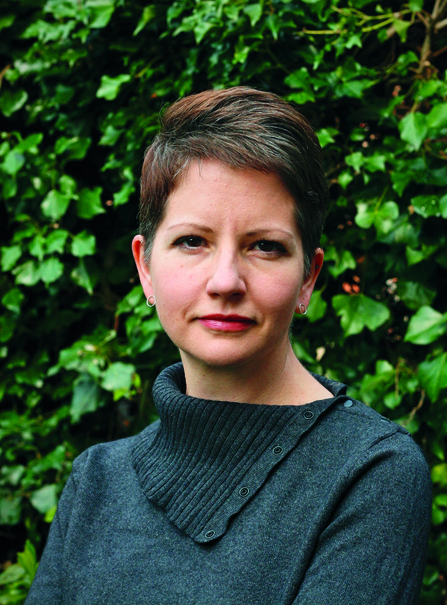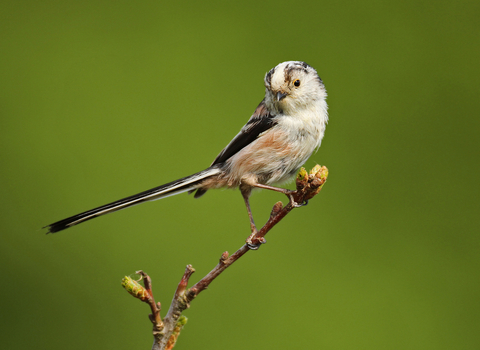When I lived in central London I had my very own Secret Garden: a tiny pocket park a couple of streets away. That’s even what I called it, as its real name was long and humdrum and totally failed to capture how magical the place felt to me. An overgrown and largely overlooked half-acre created from the abandoned grounds of a long-gone Victorian villa, there was a pond, a single redwood, an old statue and winding paths lost under ivy, brambles and bindweed. I found frog spawn in spring, and sometimes a heron visited. Long-tailed tits chirruped in the branches overhead and when it snowed neat lines of fox prints led to a den deep beneath the brambles. For years my Secret Garden was a refuge from the city and a source of inspiration, even becoming a key location in my first novel, Clay.
For the two decades I spent in the capital I relied on contact with nature to help make urban life not just survivable, but enjoyable. Finding special places like my Secret Garden proved transformative, keeping me connected to weather, wildlife and the ancient cycle of the seasons – all things modern life can lessen or sometimes erase. Even in my twenties I instinctively knew I needed nature, and now the science is bearing it out: spending time in wild places eases stress, regulates our emotions, boosts our immune systems and improves both physical and mental health. None of that should come as a surprise, given that we evolved in nature, rather than separately from it. We fare less well in myriad ways the further removed we allow ourselves to get.
Creating a life that’s connected to nature doesn’t have to mean moving to deep countryside, going on long hikes in technical clothing, getting in the car and driving to a national park or learning long lists of Latin names for birds (though you can do all those things if you like!). Nor is connecting to nature something we should experience as a duty – one more thing to fit into an already busy life.
All it requires is a little curiosity about the wilder world around you – whether that’s your garden, park, local beauty spot or nearest Wildlife Trust reserve – as well as an ongoing interest in what’s living there, and a willingness to find out what it looks, sounds, feels and smells like during all four seasons of the year.
To connect with a special place in this way taps into age-old instincts, answering deep, subconscious, but often unmet needs. Over time, your attention will be repaid tenfold, it deepens and enriches your daily life, filling it with wonder.

Melissa Harrison
Melissa Harrison is a nature writer and novelist, and editor of the anthologies Spring, Summer, Autumn and Winter, produced in support of The Wildlife Trusts.

Tom Hibbert
Find your secret garden
The Wildlife Trusts are looking forward to the release of The Secret Garden in cinemas this spring. Search for your own secret space at your nearest Wildlife Trust nature reserve.

